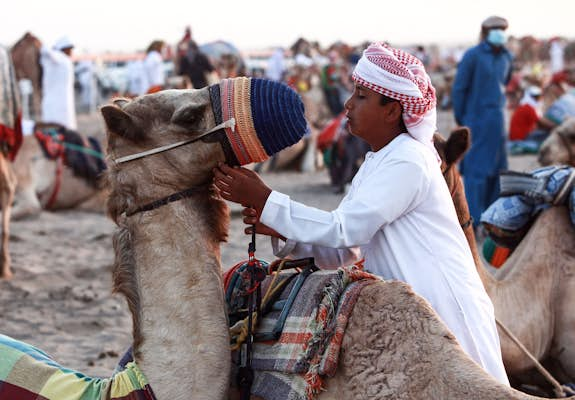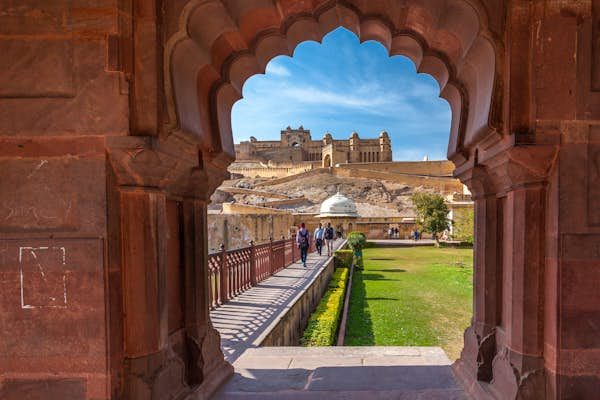Oman is chock full of adventurous activities to enjoy during the “winter” months and calm beaches where you can cool off during the scorching-hot summer months.
The best time to visit this desert country is typically from October through March, when the weather is close to perfect for activities including hiking and camping at the beach. No matter when you decide to go, the “Pearl of Arabia” offers plenty of things to do and sights to visit, from historic castles and forts to UNESCO World Heritage sites such as Al Baleed Archaeological Park.
Follow our guide to decide the best time to visit Oman, noting that key Muslim holidays such as Ramadan and Eid, which are based on the lunar calendar, will affect your trip (and the dates shift in the Western calendar each year).
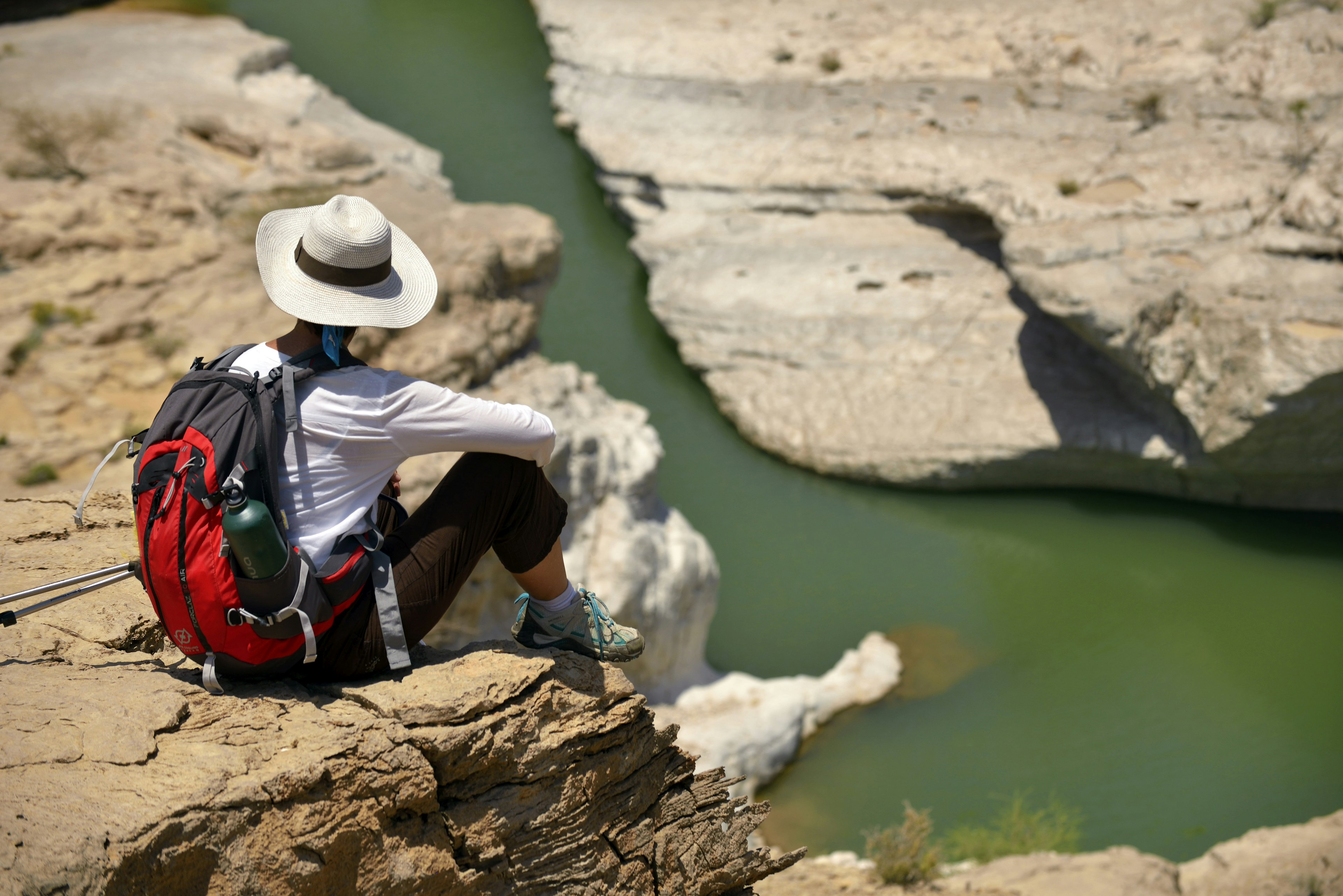
October to March is best for outdoors and festivals
High season in Oman coincides with pleasant temperatures ranging from about 15°C (60°F) to 30°C (85°F). Omanis and tourists alike rejoice at the cooler temperatures that October brings. It’s a perfect time to enjoy nature walks and hikes with the fall harvest of olives, walnuts and pomegranates. If you love the outdoors, consider camping at the famed Wahiba Sands (also called the Sharqiya Sands).
In November, green, red and white are displayed prominently throughout the country as Omanis celebrate independence on National Day (November 18).
While Oman is mostly a Muslim country, that doesn’t mean holidays such as Christmas and New Year’s aren’t prominently celebrated. Christmas events are hosted at an array of hotels such as Shangri-la Barr Al Jissah and Kempinski, which offer festivals and tantalizing buffets.
With little to no rainfall, it is an ideal time for enjoying outdoor events and festivals, such as the Muscat Festival (January), which highlights Oman’s culture and history, and the Royal Opera House of Muscat outdoor music program.
In February the Al Mouj Muscat Marathon is Oman’s largest sporting event and attracts runners from all over the world. The weather starts to warm up in March and the Sultan Camel Race Cup is on, featuring competitive races and camel beauty pageants. March also means Holi, the Hindu festival, with it a bright splash of color and joy on 14th March in 2025.
Ramadan dates vary year on year, but for 2025, Ramadan runs from the end of Feb to end of March (Eid al-Fitr is expected on 31st March). During Ramadan, most restaurants close during the day, but some hotels have food available for guests in private. Families gather to enjoy huge feasts to break the fast after sunset.
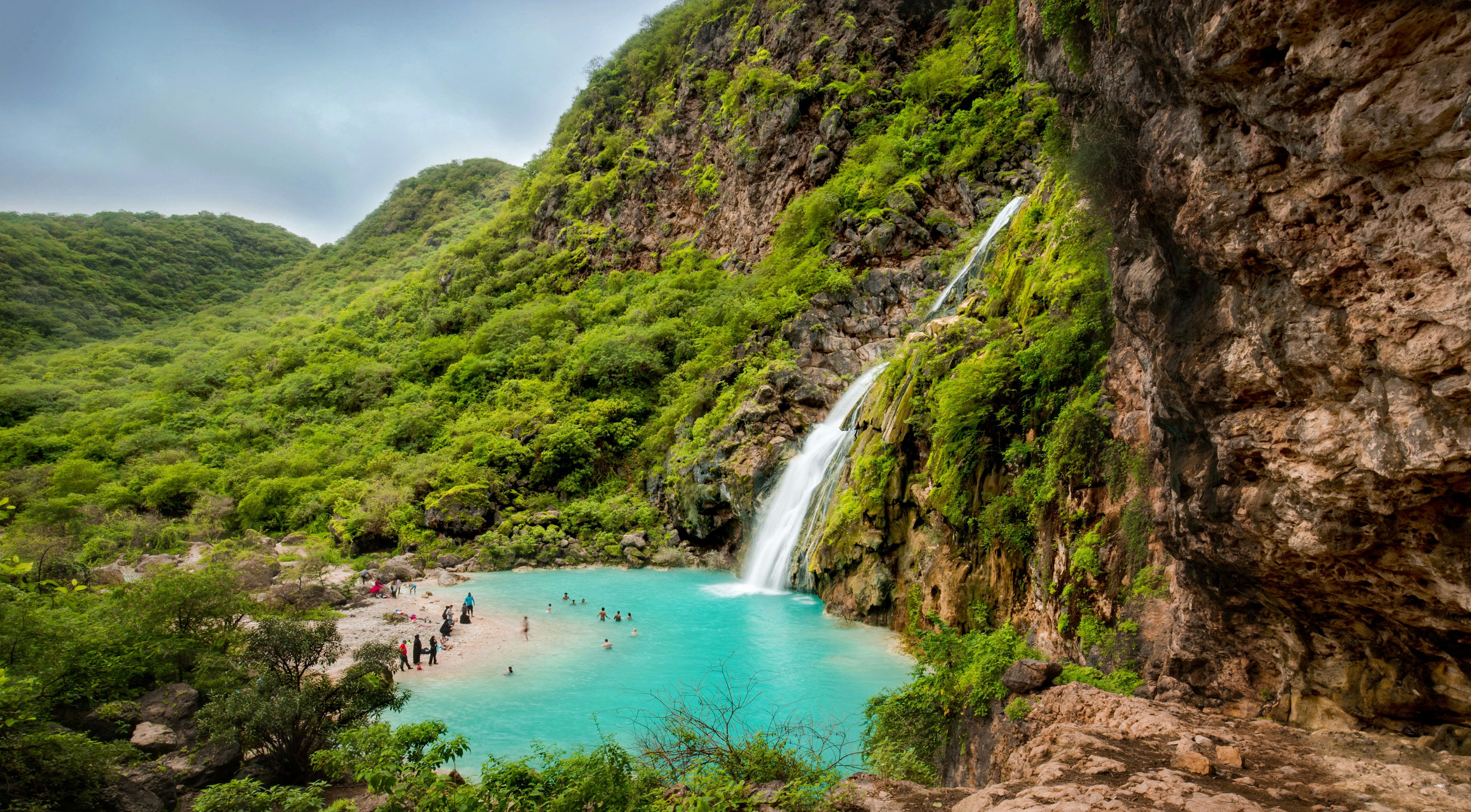
April to May is best for budget travelers
The weather warms up during shoulder season but travelers can still enjoy being outdoors before the truly scorching temperatures set in. Lower visitor numbers mean more affordable accommodations and tours at this time of the year. April is a great time to visit Jebel Akhdar (Green Mountain) for the rose-blooming season, when they are harvested and made into rose water.. Beachgoers will delight in Oman’s beautiful stretches of sand.
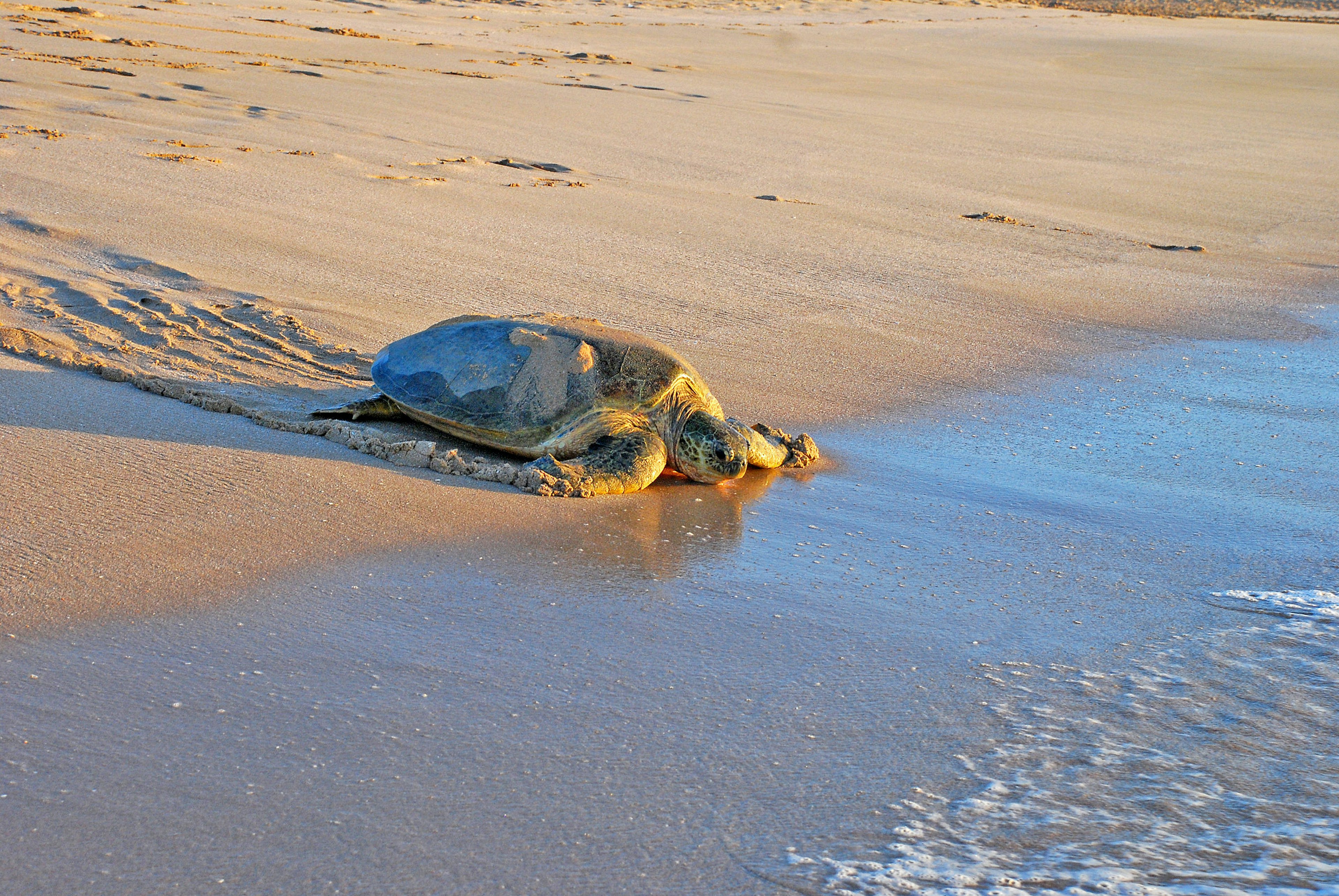
June to September is best for indoor activities and turtle watching
Oman’s summer months are a rather hot time to visit, unless you’re heading to Salalah in the Dhofar region. There, the khareef (rainy season) brings much cooler temperatures as the rest of the country swelters. You can experience Omani culture at Salalah Festival, which showcases traditional performances, dances and Omani cuisine, in July.
The hot temperatures drive visitors indoors to learn about the history and culture of Oman at museums like Bait Al Zubair and the National Museum of Oman. Cool off while shopping at Oman Avenues Mall or Mall of Muscat.
By September, cooler fall weather arrives in the desert. Wildlife watchers and beachgoers should venture to Ras Al Jinz Beach to witness the hatching of baby turtles at Ras Al Jinz Turtle Reserve.
